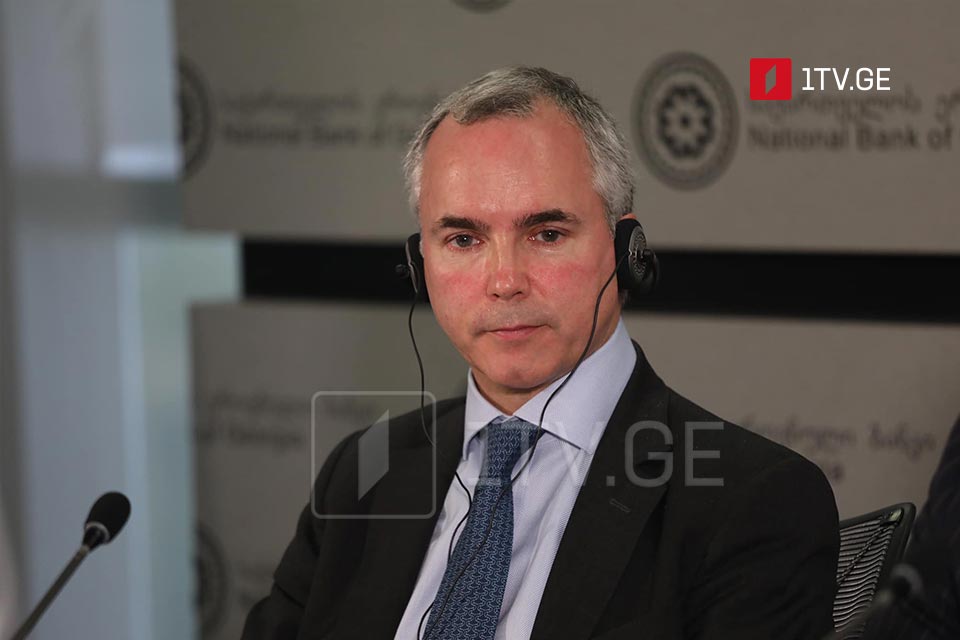An International Monetary Fund (IMF) team led by Mr. James John held meetings in Tbilisi during February 13-17, 2023 to discuss recent economic and financial developments and progress on reform priorities.
At the end of the visit, Mr. John said the Georgian economy grew strongly in 2022 at around 10 percent, reflecting limited adverse spillovers from Russia’s war in Ukraine, buoyant tourism, a surge in war-related migrant and financial inflows, and a rise in transit trade through Georgia.
He went on to say that these factors boosted fiscal revenues, significantly narrowed the current account deficit, and supported foreign exchange reserve purchases and the lari.
“Growth is expected to ease in 2023 to around 4 percent due to subsiding migrant and FX inflows, slowing trading partner growth, and an appropriately restrictive fiscal policy stance.
Strong revenues supported significant progress on deficit reduction in 2022 and the 2023 budget aims to reduce the deficit to 2.8 percent of GDP, in compliance with the fiscal rule.
Continued efforts on revenue mobilization and public investment management as well as the development of a medium-term revenue strategy will create space for priority spending including infrastructure investments. Successful implementation of the SOE governance reform and renewable energy development strategies developed last year would enhance productivity in these sectors and limit fiscal risks.
Continuing the gradual disinflation process this year and reaching the NBG’s inflation target of 3 percent by mid-2024 would require an appropriately restrictive monetary policy stance and continued strong credibility in the NBG’s independence,” he added.
